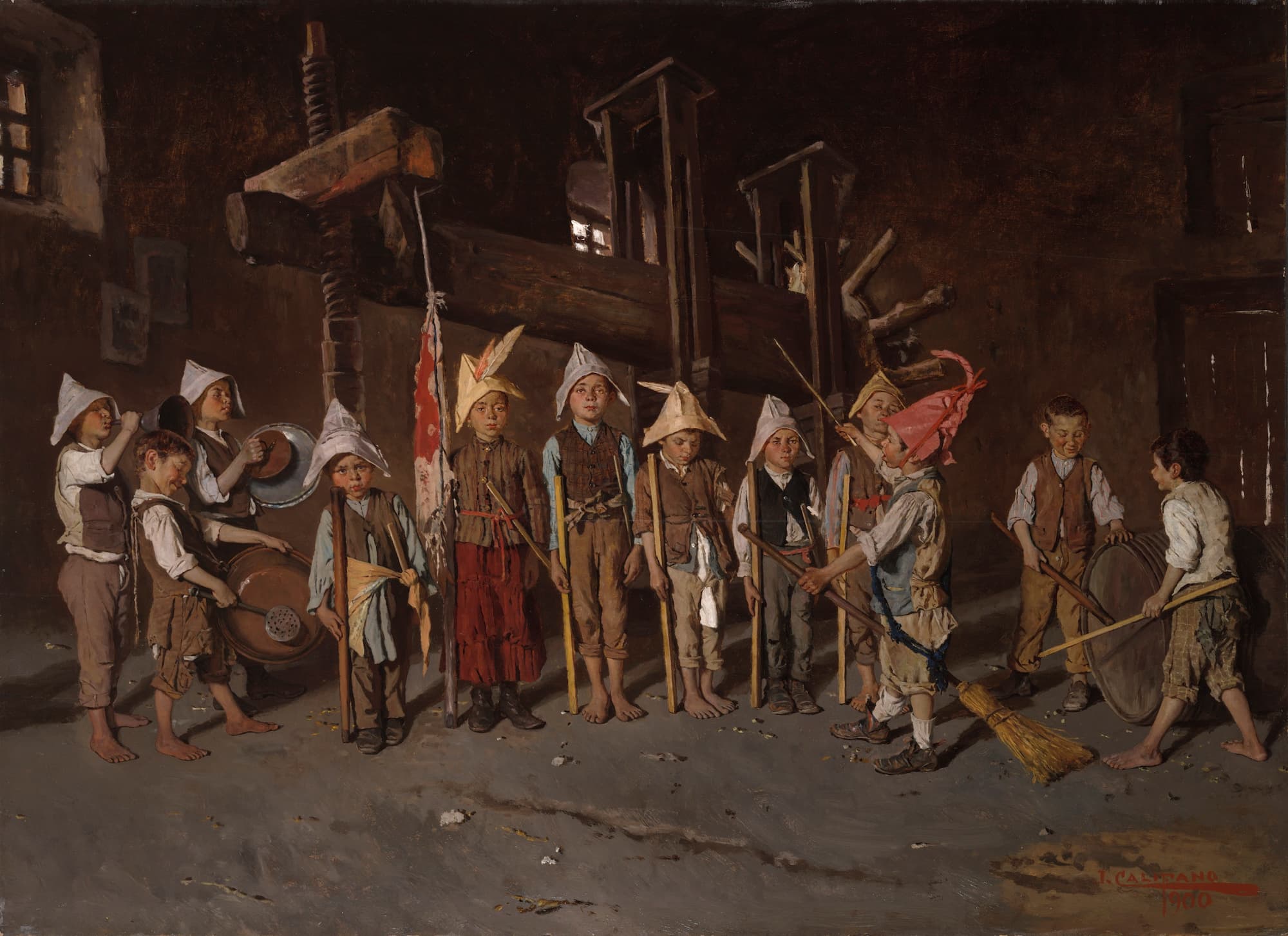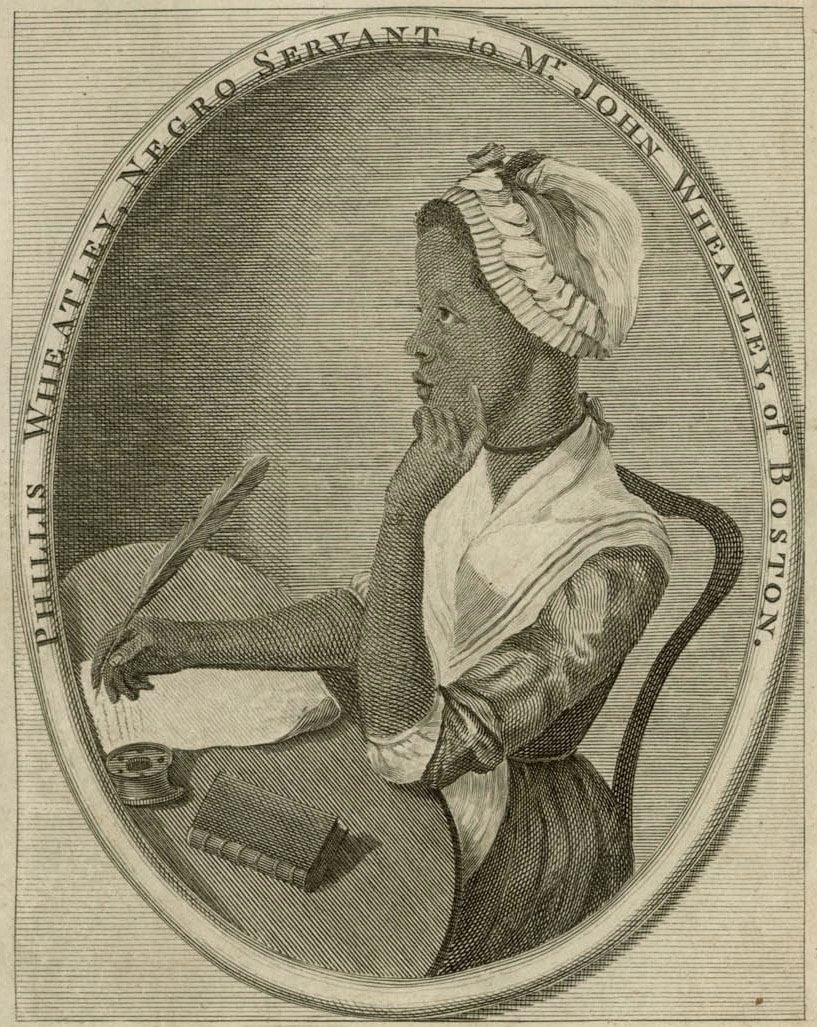In the opening of Huckleberry Finn, Widow Douglas sets out to “sivilize” Huck by reading him a Bible story. “After supper she got out her book and learned me about Moses and the Bulrushers, and I was in a sweat to find out all about him; but by-and-by she let it out that Moses had been dead a considerable long time; so then I didn’t care no more about him, because I don’t take no stock in dead people.”
We find out in pretty short order that Huck may not take no stock in dead people, but he is preoccupied with them. An owl’s hoot, a whipporwill’s song, and a dog’s whine make Huck think about the dead. When he joined Tom Sawyer’s gang he swore and oath to cut the throat of any member of the gang that betrayed its secrets, then burn his body and scatter the ashes and blot his name off the roster with blood. Shortly thereafter he staged his own murder and set off down the Mississippi on a raft with Jim, a runaway slave, floating in the dead of night to avoid detection.
Despite his feigned indifference, Huck knew a little about the past. At the widow’s he read “something about General Washington and the wars” and knew enough history to tell Jim that kings are all alike and “mostly rapscallions, as fur as I can make out. . . . You read about them once, you’ll see.” Huck then proceeded to review the history of kings with gusto, explaining the “old Henry the Eighth . . . used to marry a new wife every day, and chop off her head next morning . . . just as indifferent as if he was ordering up eggs.” It was the same King Henry, Huck added, who heaved all the tea in Boston Harbor overboard, and whacked out a declaration of independence in order to “get up some trouble with this country.” He concluded solemnly that “kings is kings, and you got to make allowances . . . they’re a mighty ornery lot. It’s the way they’re raised.”
How like Huck we are, though we possess few of his boyish charms. Americans are, on the whole, appallingly ignorant about their own history. Like Huck, most Americans don’t know much about events that happened a “considerable long time” ago and what they think they know is a garbled mess. It’s the way we were raised.
There’s plenty of data to prove it. In 2022 some 8,000 eighth graders — young people around Huck’s age — took an hour exam in U.S. History as part of the National Assessment of Educational Progress. The average score was 258 out of 500. 90% scored below 300 — in a conventional grading scale, they failed. The administrators very generously call scores between 295 and 325 “proficient,” but only 14% of students scored in that range. Keep in mind that 325 — the high end of “proficient” — is a score of 65%, which is a D. The number of students who scored higher than 325 is too small to be statistically relevant. The administrators call those scores “advanced.” A test can be designed badly and give skewed results. It can be written so everyone fails or so everyone gets a good grade or to bunch scores around the mean. This one looks like a reasonable test to me. It was designed by administrators who have no stake in making our schools look bad.
The good news, if you can call it that, is that the scores haven’t dropped much since this testing began in 1994, when the average score was 259. It’s also useful to know that scores don’t vary much between schools in cities, suburbs, and rural areas, nor between regions. If you were assuming New England eighth graders did better than those in the South you’d be wrong. The picture is pretty dismal everywhere and has been for a long time.
Maybe that’s the bad news, too, because the eighth graders who did so poorly in 1994 are now in their early forties, with eighth graders of their own. The Americans who failed (let’s call it by its right name) this test in 1994 now vote. It stands to reason that they sit in legislatures and on school boards and yes — teach history to eighth graders. Remember that only a tiny sliver of overachievers earned what we would call a C or better on the test in 1994. It would be comforting to believe that they are now in charge, but that would be, as Huck said, a “stretcher.”
Among the things these results suggest is that the angry debates grown-ups are having about history curricula involve a lot of misplaced passion. Advanced Placement African-American History in Florida high schools? Really? How about ensuring that kids entering high school know that the United States fought Germany and Japan rather than the Soviet Union in World War II and that they can identify Abraham Lincoln as president during the Civil War? Critical race theory integrated into how we teach American history? That’s our issue? How about ensuring students know that the United States declared their independence from Britain in 1776 — the American history equivalent of spelling cat or adding two digits.
Who cares? All the folks from a “considerable long time” ago are dead. Why put any stock in them? Isn’t it enough to be able to spell and add? What good is history, anyway? What good, Huck would ask, is knowin’ ‘bout somethin you can’t change?
For Huck the past is a gloomy land of confusion peopled by the dead. The present is vexing and the future filled with hidden dangers, to be navigated by the whispered advice of hair ball oracles. We’re not much better off. Many Americans have substituted conspiracy theorists, demagogues, race hustlers, and other con artists for Jim’s hair ball. The advice they get is no more reliable.
History is not a tedious list of names and dates, though there are names and dates to be memorized, just as there are multiplication tables to be memorized in mathematics. Properly understood, history is the study of change in human society. The aim of history education is, or ought to be, teaching young people how change happens — how some past reality became, under the pressure of events, something different, leading inexorably to the present. Historical thinking involves careful assessment of evidence which is often fragmented and incomplete. Historical understanding is a hard-won kind of wisdom. Without it, our past is incomprehensible, our present confused, and our future dark. Understanding our past, we recognize our common origins, appreciate our present challenges, and can imagine our future.
Huck and Jim drifted down the big river by night — a powerful metaphor for the inexorable and confusing nature of history, of one thing becoming another, even if we do not fully understand it. “The river looked miles and miles across,” Huck mused. “The moon was so bright I could a counted the drift logs that went a-slipping along, black and still, hundreds of yards out from shore. Everything was dead quiet, and it looked late, and smelt late. You know what I mean — I don’t know the words to put it in.”
Huck was a child, with plenty of redeeming virtues. He loved a good story, and history is filled with them — stories of courage and accomplishment, endurance and energy. Modern children love a good story, too. So do modern adults for that matter. We owe it to them to share those stories and make history education as lively and enriching as it ought to be — a source of inspiration instead of a partisan battleground. We need real reform in history education. The hour may seem late. It may even smell late. But we still have time.
__________
At the top: Independence Day by John Califano (1864-1946), oil on wood panel, 1900, Yale University Art Gallery, Gift of Teresa Heinz in memory of her husband, H. John Heinz III, B.A. 1960.
Read more about the 2022 National Assessment of Educational Progress in U.S. History at www.nationsreportcard.gov/ushistory/
Our universities are not doing any better. On the findings of a report on U.S. History survey courses, see our summary: New Report Exposes Failing U.S. History Courses.


